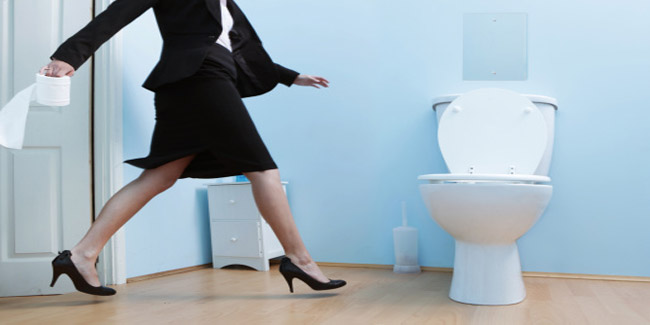
Interstitial cystitis is a medical condition, in which the urinary bladder experiences tremendous pain and pressure causing large degrees of distress and discomfort.

Symptoms of Interstitial Cystitis
The symptoms of interstitial cystitis vary to large extents from person to person and sometimes even within the same individual. External factors like, excessive sitting for long periods of time, stressful activity, strenuous workouts and sexual activity can trigger the symptoms of interstitial cystitis.
Table of Content:-
The most common symptoms seen in patients affected by interstitial cystitis are:
- Pelvic pressure or pain: Patients of interstitial cystitis may experience a certain kind of pressure in the pelvic region, which may sometimes result in pulsating pain and discomfort. The pain and pressure experienced can range from mild to severe, within the same individual and from person to person.
- Urge to urinate: A common symptom of interstitial cystitis is the frequent urge to urinate. Even when the bladder is holding small quantities of urine, the individual affected by interstitial cystitis feels an urgent need to urinate. Individuals with interstitial cystitis might need to urinate up to 60 times a day.(Note: It should be noted, that though the frequent need to urinate might be experienced in those that are affected by interstitial cystitis, it cannot be categorized as a certain symptom of interstitial cystitis alone.)
- Heightened bladder pain during menstruation: Women suffering from interstitial cystitis usually experience heightened pain in the bladder, during the bleeding days of their cycle.
- Painful Sexual Intercourse: This symptom is characterised more in women, where those suffering from interstitial cystitis may experience vaginal pains during sexual intercourse.
- Sore Scrotum: Men suffering from interstitial cystitis may experience a soreness or pain in the scrotum area.
The above mentioned symptoms might sometimes occur in isolation or in varying combinations. Stressful situations can also accelerate the intensity of interstitial cystitis symptoms and therefore, should be kept to a minimum. Symptoms of interstitial cystitis are highly unsteady in nature. While the onset of symptoms can be slow and gradual, in some cases it can also be severe. The symptoms might sometimes progress over a period of time reaching a point of debilitation and can then go into remission.
How we keep this article up to date:
We work with experts and keep a close eye on the latest in health and wellness. Whenever there is a new research or helpful information, we update our articles with accurate and useful advice.
Current Version